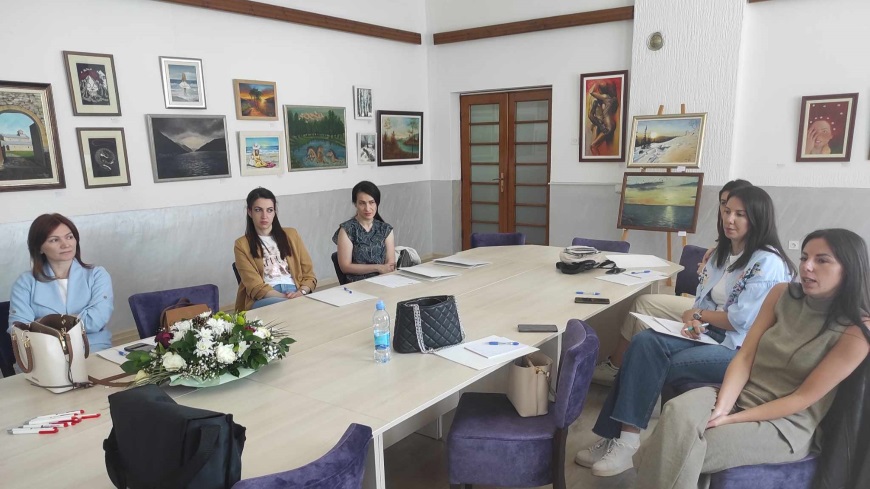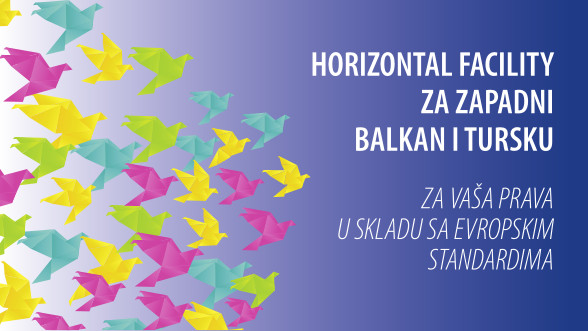As part of the "Empower and Embrace" project, supported by EU and Council of Europe, the Centre for Psychological Support Sensus concluded the capacity building initiative on "Gender, Identity, and Sexuality" in Mostar and Foča, Bosnia and Herzegovina. 17 mental health professionals had the opportunity to gain valuable insights into working with marginalised groups, particularly the LGBTIQ population. The focus was on effective counselling approaches, especially in managing anxiety and depression linked to discrimination and stigmatisation, and on employing the best techniques for supporting individuals’ mental health.
The trainings organised during May were focused on the risk of discrimination faced by the LGBTIQ community, with particular attention to the process of “coming out”, which was extensively discussed by the participants. Trainers highlighted that “coming out” often involves a careful consideration of a variety of factors, such as the level of support from one's environment, safety at work or school, and the societal attitudes towards the LGBTIQ community. "Coming out, or openly declaring one's sexual orientation or gender identity, can be daunting due to fears of potential discrimination," explained trainer Medina Kljako.
Open discussions highlighted mental health care professionals’ need for additional knowledge, skills and understanding of the specific challenges LGBTIQ individuals face by going through the “coming out” process. Trainers emphasised the importance of a tailored, person-centred approach. They discussed key aspects of support, including empathy, adaptable strategies, addressing personal biases, providing safe spaces, working with families, education, and managing stress and anxiety.
One of the main conclusions was the need to foster inclusivity and acceptance to tackle the negative impact of discrimination. Protecting LGBTIQ individuals from discrimination through legislation, raising public awareness on diverse identities, and ensuring access to quality social and psychological services can significantly support the creation of a safer environment for all members of the community.
This initiative was organised with the support of the action "Towards an equal, inclusive and tolerant Bosnia and Herzegovina", implemented within the framework of the joint programme of the European Union and the Council of Europe "Horizontal Facility for the Western Balkans and Türkiye".


